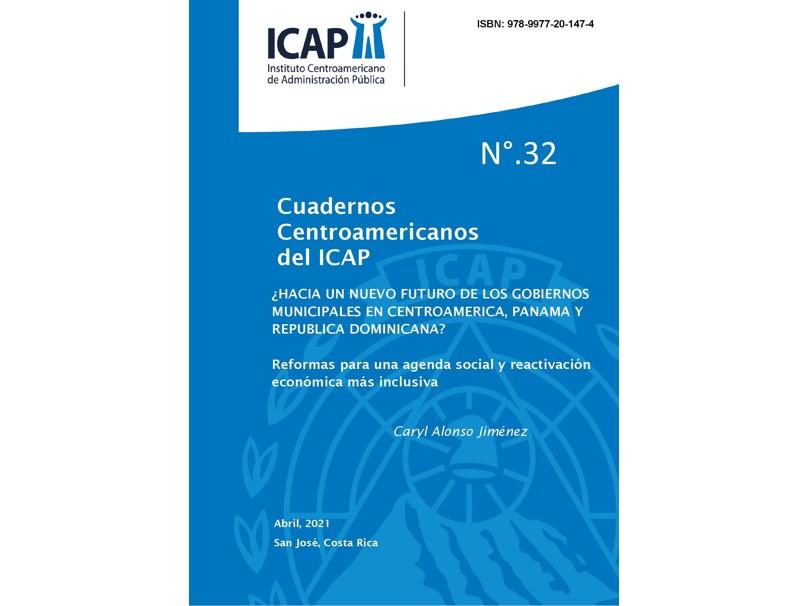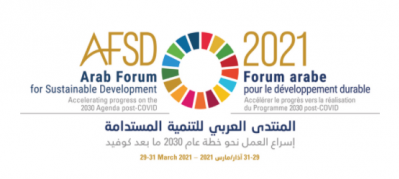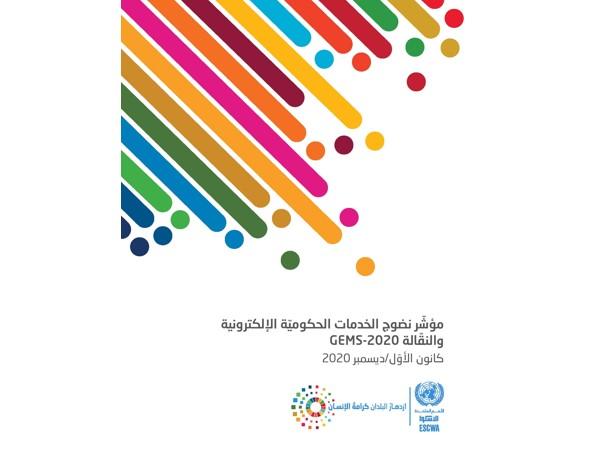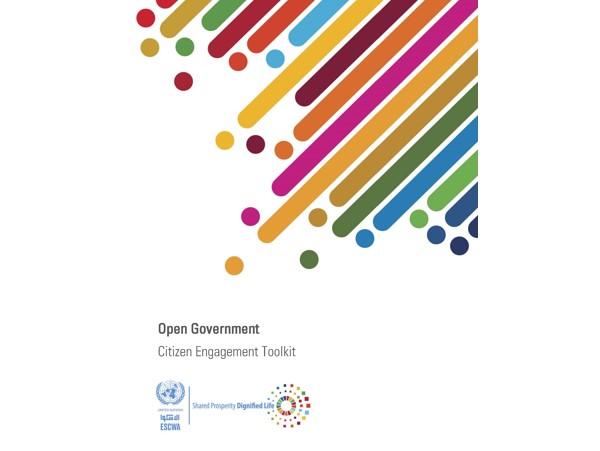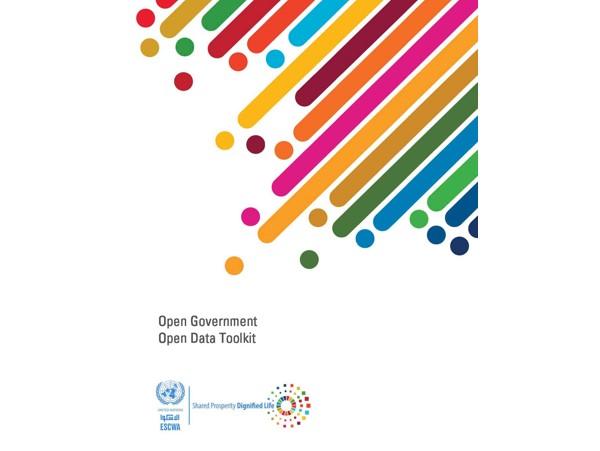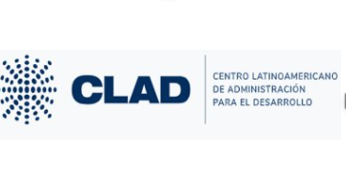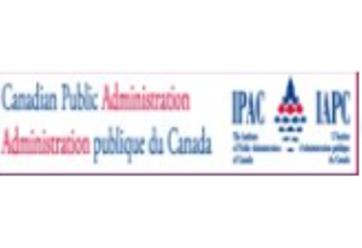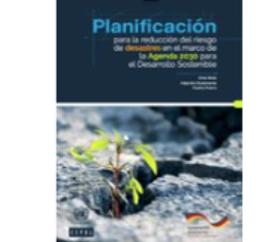Resources
Displaying 1 - 12 of 32
Central American Journal of Public Administration, No. 80 (January-June 2021)
| Spanish | Governance and public administration | Americas | Journal | IPAC/IAPC
This edition of the Central American Journal of Public Administration offers a series of reflections and lessons learned about the Asia-Pacific region in the current international context, characterized by the constant transformation of socio-political and economic structures. The geopolitical importance of the Asian region has permeated the mental structures of how to think about international relations between States, motivating the production…
ICAP Central American Notebooks, No. 32 (April 2021)
| Spanish | Governance and Public Institutions | Americas | Publication | ICAP
In this issue, developed by Dr. Caryl Alonso Jiménez, it summarizes around 5 years of research and proposes a global approach to the issue of decentralization in the region, beginning with a historical review of the modernization processes of Central American States and how each implemented their own understanding of the concept.
In addition, the author continues with a two-level analysis; reviewing the tools, characteristics and indicators…
Arab Forum for Sustainable Development, 2021
| English | Innovation in Service Delivery | Middle East | Virtual Event | ESCWA
The Arab Forum for Sustainable Development (AFSD) is the primary regional mechanism for the follow up and review of the implementation of the 2030 Agenda for Sustainable Development in the Arab region. AFSD’s outcome formally delivers the voice of the region to the global High-level Political Forum on Sustainable Development held annually in New York. The report of the Arab Forum sets out key messages emanating from the regional…
Government Electronic and Mobile Services (GEMS) maturity index - 2020
| Arabic | Innovation and Service Delivery | Middle East | Publication | ESCWA
GEMS indicator aims to measure the maturity of government services provided through the portal and through mobile applications in the Arab region. It seeks to bridge the gap in most of the international indicators, related to service maturity, its use and user satisfaction. To this end, 84 government services have been identified, and it is necessary for each country to deliver them electronically for individuals and businesses. The principle of…
Open Government: Citizen Engagement Toolkit
| English | Digital Government | Middle East | Publication | ESCWA
The citizen engagement toolkit is a brief guide aimed at promoting engagement in and implementation of open government in the Arab region. Prepared as part of ESCWA open government initiative, the toolkit covers how to design, develop and implement citizen engagement programmes within the implementation of open government that contributes to better governance.
The toolkit is designed with three levels of engagement - participation,…
Open Government: Open Data Toolkit
| English | Digital Government | Middle East | Publication | ESCWA
The open data toolkit is a brief guide for initiating, planning, implementing, and evaluating open data programmes in the Arab region. It includes five sections, covering planning and management, making and updating inventories and catalogues, developing platforms, evaluating, and ensuring open data quality. The proposed steps are fortified with examples from existing open data initiatives that help clarify the process based national…
Technology and Innovation for Land Transport Development in the Arab Region
| English | Leadership and Public Servants’ Capacities | Middle East | Webinar | ESCWA
The Arab region has the lowest representation of women in political life globally and is ranked the lowest in political participation on the gender gap index. This holds true at all levels of governance, including the parliament, government, civil service, judiciary and local councils. Women’s poor political representation also reflects their lower rates of political participation, which make them a less sought-after body of voters and limit the…
Institute of Public Administration of Canada’s 2020 Annual Conference: Building the New Normal
| English | Local Governance | Americas | Webinar | IPAC/IAPC
While this year's conference will be different in many ways, we look forward to collaborating, networking and learning virtually.We want to thank our partners, stakeholders, vendors, speakers and dedicated volunteers for their support, commitment and understanding as we transition this year's annual conference online. This year's conference theme, Building the New Normal , will be held virtually and will tackle the…
Dubai Policy Review 2
| English | Governance and Public Institutions | Middle East | Policy Brief | ESCWA
Can smart cities help us achieve true sustainable development? With merely a decade to go to deliver on the 2030 agenda and the universal Sustainable Development Goals (SDGs), digital development is seen as a forceful catalyst that can help governments close developmental gaps and accelerate progress. In particular, smart and sustainable cities are becoming microcosms of policy and governance transformation challenges we face in our drive…
International Virtual Conference on the Chilean Experience During the Pandemic
| English | Participation and Accountability | Americas | Webinar | CLAD
The Secretary General of CLAD began the activity by highlighting the work carried out by the representatives of the CLAD member countries to share the experiences of their countries during the pandemic. He pointed out that so far more than half of the 23 countries that are part of the organization have joined this activity, explaining and discussing their experiences and measures taken to face the crisis generated by Covid-19.
Weber…
From Colonization to Reconciliation: Increasing the Collaborative Capacity of Public Servants
| English | Spanish | Leadership and Public Servants’ Capacities | Americas | Publication | IPAC/IAPC
In call to action 57, the Truth and Reconciliation Commission calls upon federal, provincial, and territorial governments to enhance the skills and knowledge of public servants. Leveraging collaboration theory and collaborative capacity, this article delves deeper into the skills, attitudes, and knowledge required of public servants who regularly work with First Nations organizations and governments. Using findings from a health care…
Planning for Disaster Risk Reduction within the Framework of the 2030 Agenda for Sustainable Development
| Spanish | Governance and Public Institutions | Americas | Publication | ECLAC
A disaster can lead to setbacks in the economic and social progress achieved by countries over the decades, and its effects can be exacerbated in the case of the most vulnerable groups. The severity of the impact will depend on the ability of countries to detect and overcome their vulnerabilities. This document, especially aimed at policymakers, shows how, through development planning, the foundations for a comprehensive approach can be laid,…
 مرحباً بكم في الأمم المتحدة
مرحباً بكم في الأمم المتحدة 
